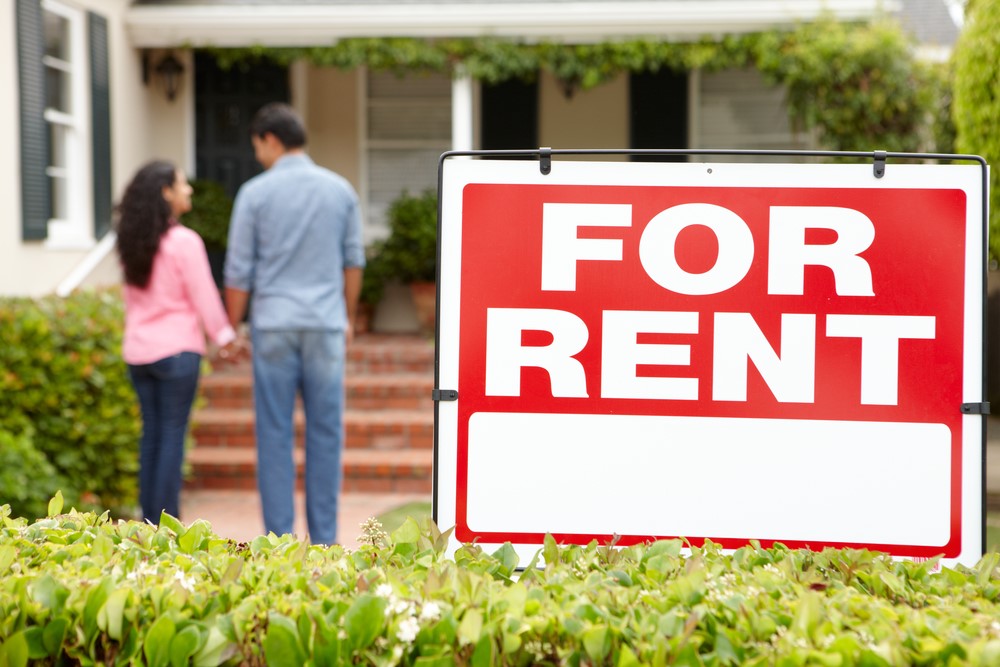Buying a home is a big investment, whether you intend to live in it or rent it out. If you plan to live in your home, you’ll want to keep it in tip-top shape to keep the value up in the event that you want to sell your property one day. And if you rent out your home, you’ll want to ensure it’s in good condition so that you can turn a profit and keep tenants happy, making maintenance especially important!
Leasing your property always comes with the risk of dodgy renters, inconsiderate guests, or lost money. To keep your rental property safe and in excellent condition, refer to these 5 tips.
1. Approve top-notch tenants
One of the biggest risks you invite when you decide to lease out your property is moving in the wrong kinds of renters. Those that miss rent payments, cause damage to the property, or cause issues with neighbors. Whether you’re renting short-term through a vacation rental site or long-term on a lease, this is a risk you’ll definitely want to avoid.
While there’s no surefire way to guarantee you only approve stellar tenants, using a background check like SmartMove tenant screening services can definitely help minimize the risk. Running one of these checks can give you insight on the applicant’s rental history, credit score, and criminal history which are all red flags landlords likely want to avoid.
2. Install a security system
In addition to renters, another risk in leaving your property at the hands of someone else’s’ care is outside crime including vandalism and theft. And while you certainly want to keep your home safe, your tenants also want to live in a space where they feel comfortable and secure.
Installing a security system like this home security package from Ring is one way you can accomplish this sense of security. What’s more, this feature serves double duty as it can be a great selling point for prospective tenants and it provides you with peace of mind, too.
3. Hire quality maintenance people
As we mentioned before, property damage is one of the most impactful risk factors property owners face when they decide to lease their space. But property damage doesn’t just come from tenants. Maintenance people can also accidentally or intentionally cause damage while they’re on the job. A lazy extermination job or inexperienced plumbing could cause thousands of dollars in damage depending on the severity.
That’s why it’s important to find maintenance people you can trust. One way to do this is to seek the help of your local community! Ask your neighbors on Nextdoor to see if they have any recommendations of property maintenance people and you’re likely to get a few informative opinions that can help steer you in the right direction.
4. Abide by tenant and landlord regulations
As you can see there are several risks of renting property, but these next two can carry some of the most serious consequences if you’re not careful. Each state has their own tenant and landlord rights that dictate what each party is responsible for and what rights they’re afforded. Maintaining a habitable property, like exterminating pests, is the responsibility of the landlord while tenants are still required to keep the premises sanitary.
Before leasing your property, be sure to check your state’s regulations to find out what’s required of you. Consider these rules when creating tenant agreements and other legal documents regarding your property.
5. Carry insurance
Another potentially pricey risk is having something happen to your property that’s not caused by a tenant. A flood, fire, or act of nature could result in severe damage that could be debilitating if your rental property isn’t insured. And the more units you have, the more costly it could be. American Modern was recently named one of the best insurance carriers for property owners with multiple rental units.
Before buying insurance for your rental, be sure to consider the environmental and other risk factors that you may face to make sure you select the best policy for your needs. If you live in California, for example, you might not need insurance for hurricanes or tornadoes, but you might want to arm your property with earthquake coverage.
Key Takeaways
Use these 5 tips to help you keep your rental property safe and profitable!


